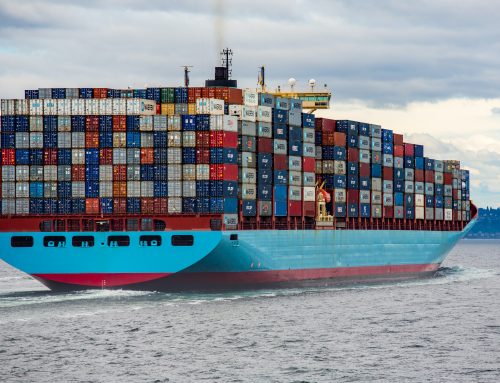If you’re a US importer, no matter the scale of your business, it’s more likely than not that Customs and Border Protection (CBP) will audit your operations and your transactional compliance at some point. They may look for a history of compliance errors, poorly defined and documented internal control procedures, or other red flags. It’s important to take it seriously. This is a process that should be handled with the same attention to detail and comprehensiveness as a tax/IRS audit. An unprepared importer can suffer greater penalties, up to and including the loss of import privileges.
But there’s no need to panic. superpowers. With the appropriate resources and guidance, you’ll get to the other side intact! Here are a few key resources to help you prepare for that hypothetical (but very real) audit possibility:
First off, there are a few kinds of audits:
The Regulatory Audit Regional Offices are the ones you’re likely to hear from if you’re a major importer or other party involved in international trade compliance with laws and regulations governing the importing and exporting of goods.
The Focused Assessment Program is a risk-based approach to audits; initially, it evaluates the importer’s risk of non-compliance with import requirements and only proceeds to further investigation if a risk is present.
Quick Response Audits are single-issue audits with a narrow focus, which cover a range of limited objective criteria rather than the complete evaluation of a company’s Customs and Border Protection activities.
While understanding the legal framework and the different kinds and phases of US Customs audits is no small feat, it can go an incredibly long way toward strengthening your business. We recommend a proactive approach. Why not attend a 90-minute Preparing for a Customs Audit Webinar with Randi Waltuck Barnett of International Customs Consulting? You may just walk away better positioned to: learn customs expectations and timelines; identify best practices and strategies for forming and prepping an audit team; perform your own proactive review of policies, procedures, transactions, and record keeping; identify the role of the prior disclosure and value of attorney-client privilege; and learn about managing the audit process and keeping management informed.
At Clearit USA our goal is to help you manage your risks, boost your efficiency, and gain clarity in the process. Get in touch today if it’s pro-guidance you’re after.



